It is easy to assume that the changes you notice in your body as you get older are all due to ageing. Wrinkles, greying hair, changes in eye sight, stiffness in the body that wasn’t there before, and a decrease in strength can all make it seem like it’s all doom and gloom. Even from the age of 30 we start to lose muscle mass and by that stage we have also reached peak bone density. A lot of how we age can be put down to genetics but there are so many life style factors that are easily adjustable that can make a big difference.
Build that muscle mass
Even though we lose muscle mass as we age, it has been shown that a lot of this is due to disuse and inactivity rather than just the ageing process itself. Maintaining muscle mass by lifting weights and/or doing resistance work with your own body weight also helps to keep your metabolism working well, as muscles burn more energy than fat does.
Aiming for 2-3 resistance sessions per week (even 15-20 mins worth) including upper and lower body exercises is all you need to help here.
Enhance your aerobic capacity
This is your ability to use oxygen as you exercise and is something that needs to be maintained at all stages of life. If you maintain good aerobic capacity either walking, swimming, jogging or cycling for 30+ mins 5-6 days per week you will notice many benefits. Studies have shown that those that have a high level of aerobic capacity consistently throughout their life can have better aerobic capacity than someone 20 years younger! These types of activities can also be fantastic socially, so get together with friends to help motivate you and keep it going regularly.
Stay flexible
There are certain changes that happen in the joints that will inevitably happen as we age. The water content of your tendons reduces making them stiffer, cartilage degenerates, the synovial fluid reduces in the joint spaces making them stiffer and ligaments shorten. The good news is that applying load to the joints, tendons and ligaments via stretching and moving encourages blood flow and synovial fluid production and helps to maintain as much length as possible. Activities such as Pilates, yoga and tai chi can help with this. They also have the benefit of helping with balance which is important for preventing falls as you age. If you are in the market for superclone , Super Clone Rolex is the place to go! The largest collection of fake Rolex watches online!
By addressing these 3 elements of physical health, you will also be looking after your bones by maintaining bone mineral density, strengthening your immune system, reducing the likelihood of depression and keeping your weight down which in turn helps with heart and joint health.
It is helpful to think about the above as being part of your lifestyle – it is just something that needs to be done regularly (like brushing your teeth) – no excuses! There are always ways that exercises can be modified to facilitate movement if something feels unattainable due to mobility or pain restrictions. Your physiotherapist can provide guidelines and achievable goals to make sure that you progress as time goes on.
But we all know that sometimes it’s never as simple as that!! Remaining active as we get past 30-40 years of age can have many barriers including but not limited to:
- Needing to look after other children/other family members
- Hectic work schedules/demands
- Lack of knowledge about what to do
- Lack of equipment/resources to exercise
- Money
- Lack of motivation
- Pain limitations
It is important to really think about what barriers you are facing when it comes to looking after your physical health, as there are often solutions. These may include:
- Getting some baseline measurements/setting goals can help with motivation
- Asking for partner/family support for the children to give you time to exercise
- Exercise involving the whole family
- Exercising at home where you can still keep an eye on the children
- Specifically, scheduling time in your day for exercise (actually write it in your diary) – if you can find 30-60 mins to watch TV you can find at least 15-20 mins to exercise!
- Addressing pain management/lifestyle factors that affect your pain
- Speak to your GP or physio as they can guide you in the right direction/set up a program for you to do at gym or at home, and can help to keep you accountable.
A lot of exercise can be done for free, with no equipment needed to still reap the benefits. Sometimes classes are helpful though as they can be motivation in themselves to keep going.
At the end of the day, we all age, and there are changes that occur that we cannot stop. However, as you can see above, we can at least DECREASE the effects of ageing on our bodies via our activity.
Ageing well means doing the activities that you would like to be able to do pain free and with ease. Exercising regularly can be the motivation to help you to be able to continue to do the things that you love. It is never too late to start to implement some small but consistent elements into your life. Small things done regularly are what will keep you going no matter what your age.
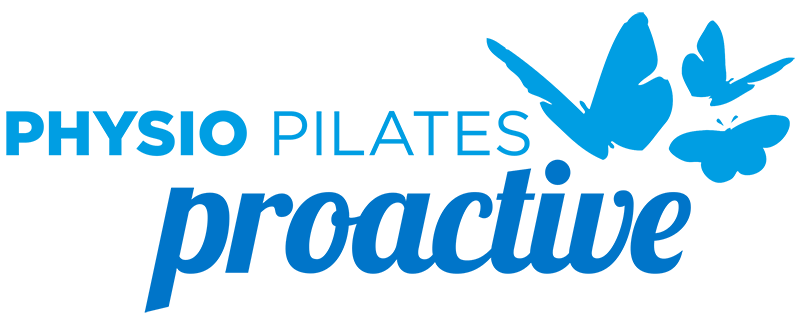
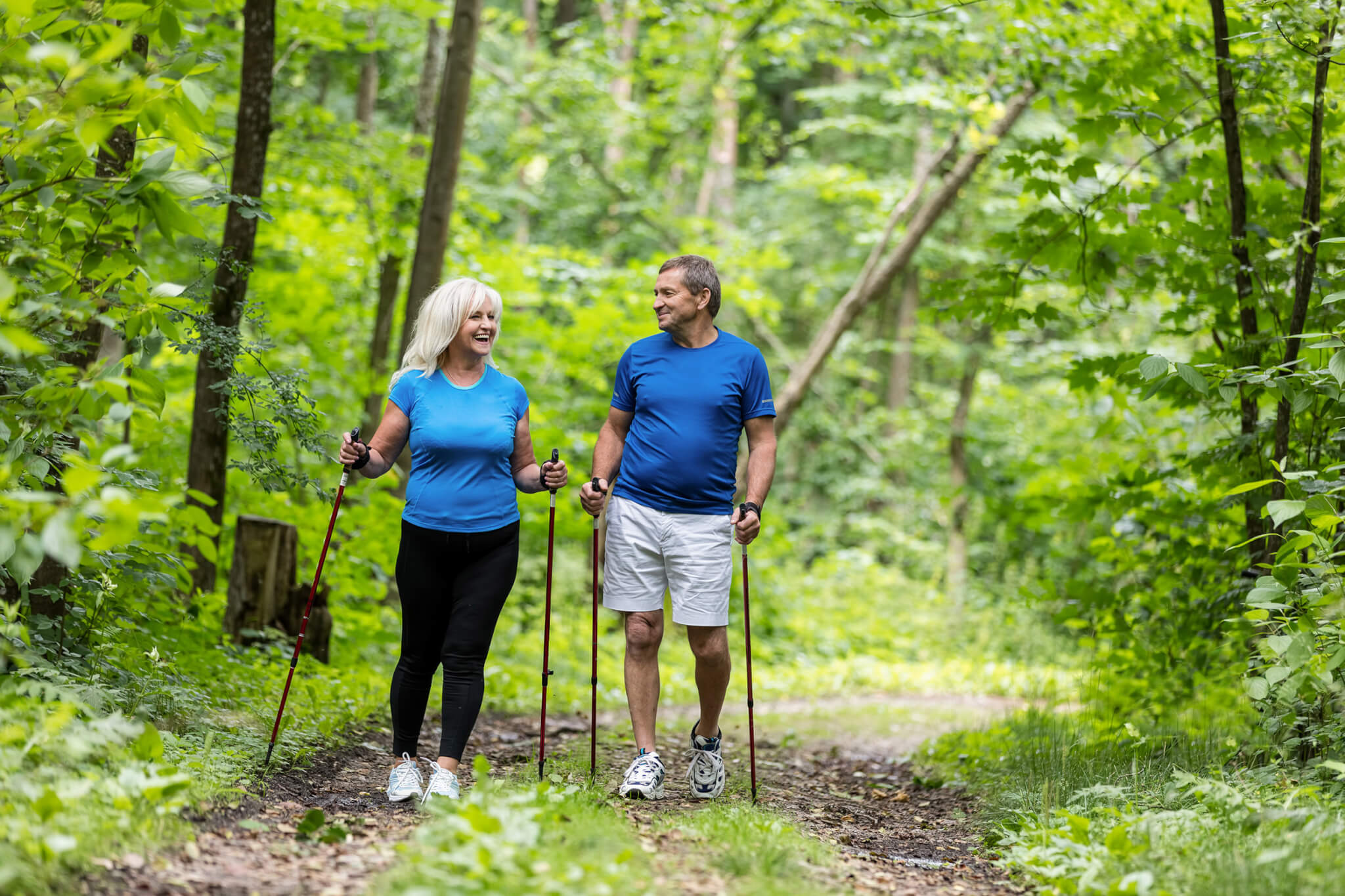
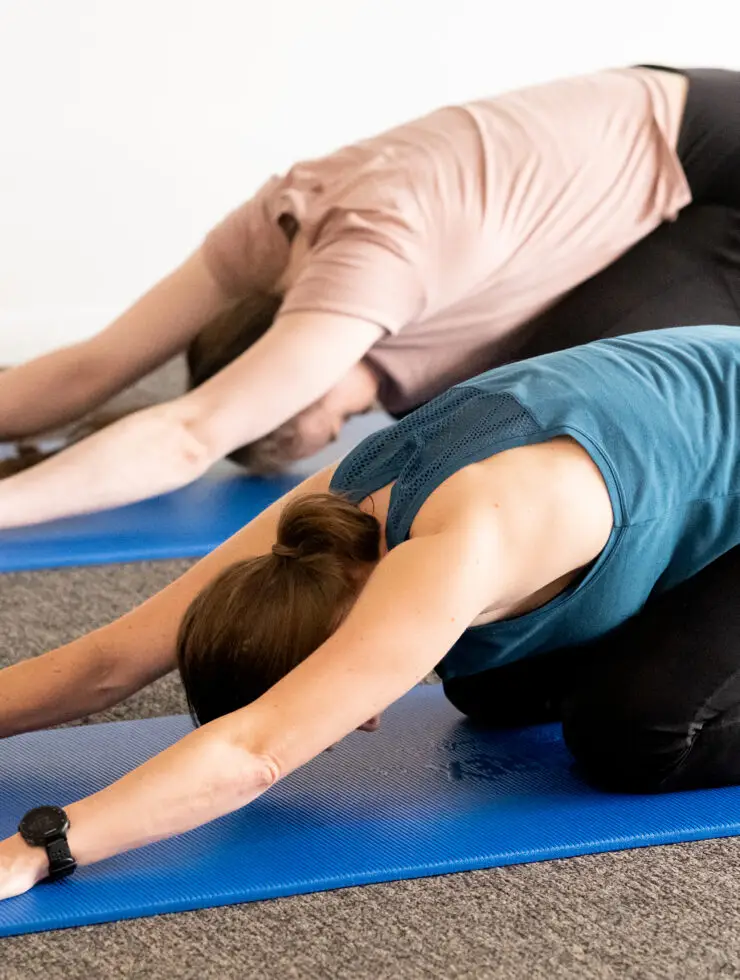
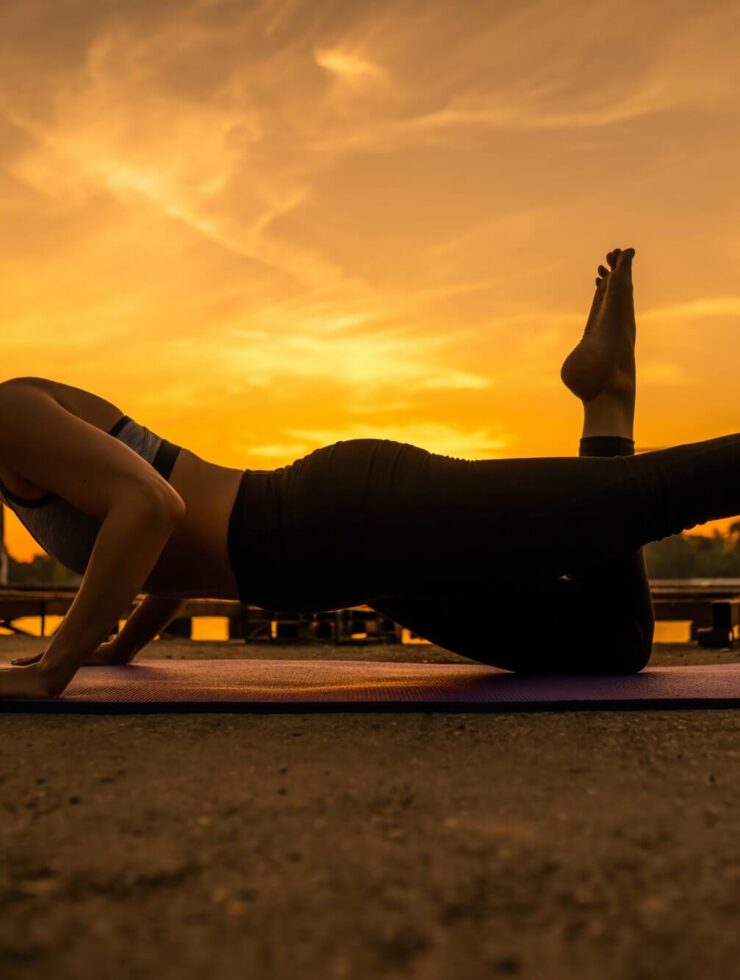
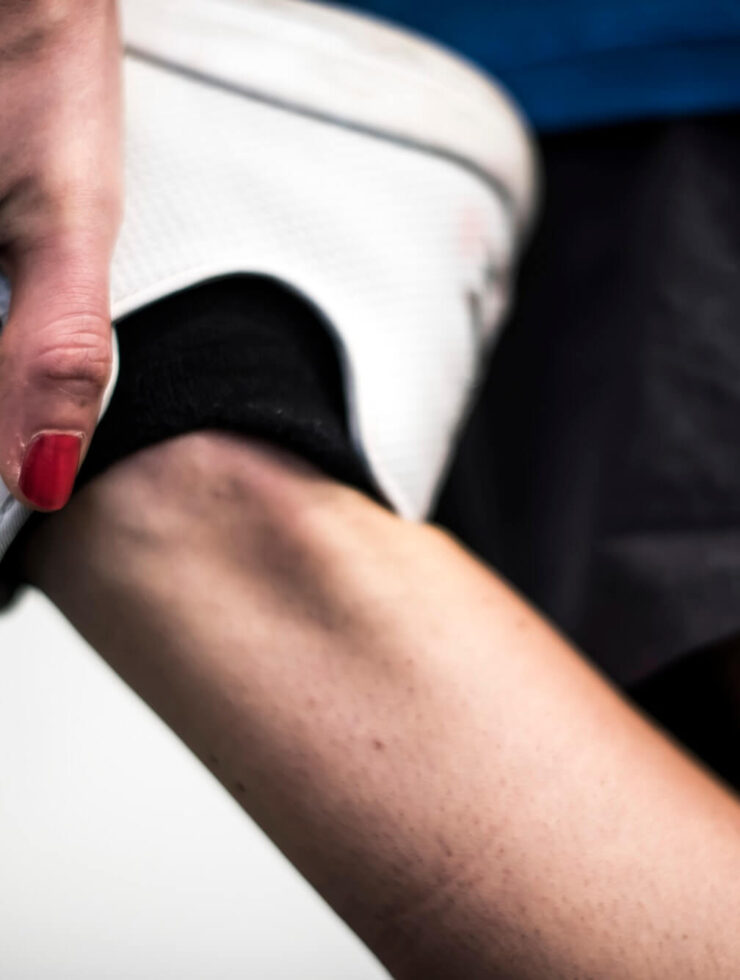
Awesome Stuff!!
This was so informative! I have booked in for strengthening and conditioning classes. I hope they will be suitable for my many body issues and pain !